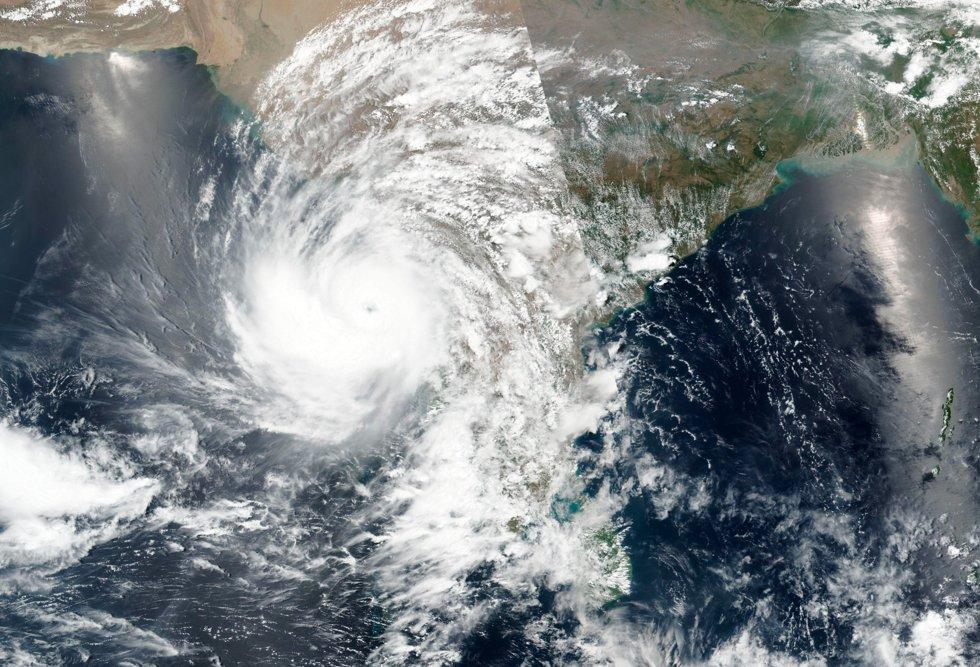The vaccination campaign enters decisive weeks to take the final momentum and move towards the invoked herd immunity in less than three months. The Basque Country currently has 107 vaccination teams, made up of 321 professionals (214 nurses and 107 auxiliary nursing care technicians), with whom it manages to inoculate some 160,000 doses a week and has reached peaks of up to 200,000 weekly doses, almost 30,000 vaccinations a day. Those punctual records should become the norm, given the anticipation of the sending of larger remittances in the coming weeks, especially since June.
President Sánchez’s announcement that the Pzifer company will supply 13 million vaccines that month, the largest shipment to date, will also involve an injection for the Basque Country, which will receive around 700,000 doses, according to the proportion with which the vaccines have been distributed. shipments between the autonomous communities. Although the campaign with Astrazeneca remains surrounded by unknowns – pending what to do with the second dose – Janssen is also expected to increase its shipments of the single-dose vaccine. In fact, the decision in the Health Commission to inoculate people between 50 and 59 years old with this brand will mean progress in the entire campaign for the rest of the groups. The Basque Country has not yet given dates of when the inoculation will open to the group between 40 and 49 years old, but there are already communities like Navarra that have announced that they will do so from mid-June, if there are no surprises with the shipments.
For Moderna arrivals, supply is subject to further variations. Last week, for example, 14,400 doses arrived in the Basque Country.
The acceleration in the arrival of vaccines should translate into a higher rate of inoculation. From the Basque Department of Health they have insisted that if you do not get vaccinated faster, it is not because of lack of capacity, but because of the rate of arrival of vaccines. In fact, in a response to the parliamentarian of the PP Carmelo Barrio, the councilor of the area, Gotzone Sagardui, affirms that Health has “the capacity to increase –the teams– when the supply of vaccines requires it.”
Visit of the Lehendakari
The first steps have been taken with the appeal to retired nurses and doctors, as this newspaper announced. This last week, Salud has asked the respective health colleges to draw up lists with the volunteers who want to sign up. In Gipuzkoa alone, nearly 400 professionals have responded to the call, a sufficient volume to expand the current vaccination capacity in light of the larger planned remittances.
The Lehendakari highlighted in person yesterday the effort that these vaccination teams are making, during the visit he made yesterday together with the counselor Sagardui to the Lakua fronton in Vitoria, where one of the Osakidetza vaccination points is located. Urkullu wanted to thank “the work that thousands of professionals from the Basque health service continue to carry out over 14 months of pandemic and 140 days since the start of the vaccination campaign. To date, around 43% of the population has received at least one dose and more than 18% have obtained maximum immunity, ”he reflected through a press release.
Fewer people with full guideline
If you look at the population most vulnerable to the coronavirus, those over 60 years of age, 9 out of 10 people in this group have already received at least one dose of the vaccine, after the jump taken in recent weeks. However, the Basque Country lags behind in terms of the volume of this population group with full immunization. 38% of this group have already received two doses – or one in the case of Janssen or that they have previously been infected – when the average in Spain is 43%, according to the latest bulletin sent by the Ministry of Health. Osakidetza publishes its own vaccine statistics and will update today the figures on the evolution of the inoculation campaign in the Basque Country.
With vaccination as the main weapon against the coronavirus, Minister Sagardui insisted yesterday on recalling that “the next three weeks are going to be crucial for the evolution of the pandemic,” for which she explained that “it is necessary to make two objectives converge: to reduce the minimize the incidence rate and maximize vaccination ”. The Basque Country will review its plan of measures at the end of this month, when if the indicators continue to improve, restrictions may be lifted.
A dose is required and it is known that he has an immunity of at least two and a half months, which is the time that he has given time to confirm. Its operating system is similar to that of AstraZeneca. It is stored at low temperatures (-25 °).
—
Developed with messenger RNA, it is 95% efficient. It is also the most complex due to its conservation at -70 degrees and because once the vial has been diluted, it must be administered within a few days. The most suitable for the elderly.
—
With an efficiency of 94% it is kept at -22 degrees, but it is sensitive to transport. It is kept in hospitals. Osakidetza has assigned it to its first-line professionals under 65 years of age. Developed with messenger RNA.
—
It is the cheapest and easiest to handle and preserve. Also the most controversial, after the EMA found a relationship between its inoculation and the thrombi that emerged, which has led to a change in the target population.
—–
The majority union of the Ertzaintza, Erne, has filed a lawsuit with the Superior Court of Justice of the Basque Country (TSJPV) requesting measures against the Health and Security Ministries so that “immediately” they proceed to vaccinate the 180 ertzainas that are ran out of doses when the AstraZeneka inoculation was discontinued last April. These ertzainas are between 55 and 60 years old, they are the oldest agents since they retire at that age, and therefore they would integrate the most vulnerable by age into the Ertzaintza. However, all his colleagues, except those who refused, received a first injection of AstraZeneca, except them. At first, those born before 1965 were not included in the list because of age, but then there was a change in criteria. Some already had an appointment to receive prophylaxis when, in the week of April 12, when the Interterritorial Council of the National Health System decreed the cessation of the inoculation of the Oxford formula in children under 60 years of age due to some serious side effects « very rare ”, such as thrombosis. This is the case of Patxi, a 56-year-old patrolman from the Llodio police station. «It seems fatal to me because we are on the street all day, we are the first to arrive. We use measures but we are concerned », –
– .Erne turns to the judges so that Osakidetza vaccinates 180 ertzaines


